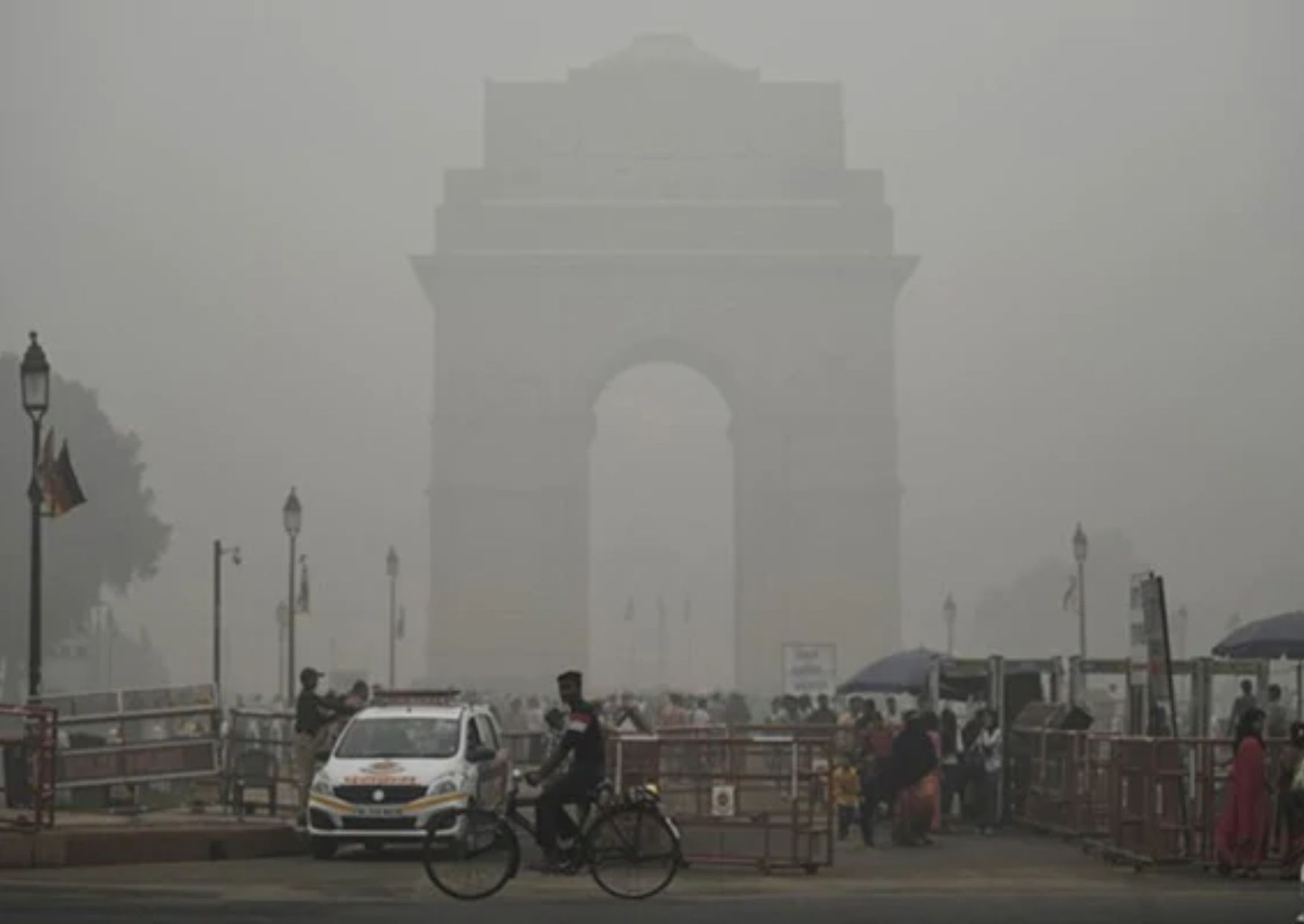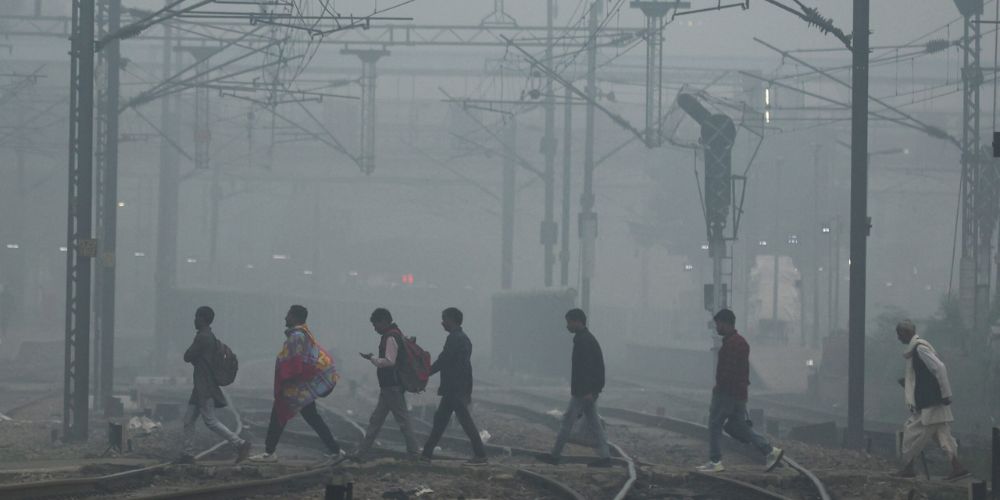
As of November 3, 2023, Delhi’s air quality remains at severe levels, with the Air Quality Index (AQI) oscillating between 400 and 450. This alarming situation signifies that the air quality is detrimental to all residents, with a heightened risk for individuals with respiratory conditions, the elderly, and children.
The severe air pollution in Delhi is a result of a confluence of factors, encompassing vehicular emissions, industrial pollutants, and dust originating from construction sites. The city’s geographical setting exacerbates the issue, as it is nestled in a valley with a bowl-like shape, trapping and concentrating pollutants.

Exposure to elevated levels of air pollution can manifest in various adverse health outcomes, including:
- Respiratory afflictions such as asthma, bronchitis, and pneumonia.
- Cardiovascular issues like heart attacks and strokes.
- Cancer.
- Neurological disorders such as dementia and Parkinson’s disease.
- Reproductive complications.
- Low birth weight and premature birth.
Furthermore, prolonged exposure to air pollution can lead to enduring health problems, such as diminished lung function and an increased risk of mortality.
Impact on Public Health
Delhi’s ongoing air pollution crisis has had a profound impact on the well-being of its residents. According to a study published in the Lancet medical journal, air pollution is responsible for more than 1 million deaths in India annually.
The research revealed that Delhi possesses the highest levels of air pollution among major cities worldwide, subjecting its population to pollution levels far exceeding the safety standards recommended by the World Health Organization (WHO).
Children and the elderly are particularly vulnerable to the harmful effects of air pollution. Children exposed to high pollution levels face an elevated risk of developing respiratory and cardiovascular ailments later in life, while the elderly have an increased risk of mortality due to air pollution.

Protective Measures against Air Pollution
To safeguard themselves from air pollution, individuals can take several precautionary measures, such as:
- Restricting outdoor activities on days when air pollution is high.
- Wearing masks when outdoors.
- Avoiding strenuous outdoor activities.
- Sealing windows and doors to prevent contaminated air from entering their homes.
- Using air purifiers within their homes.
The government should also intensify efforts to raise awareness about the perils of air pollution and encourage citizens to adopt protective measures.



